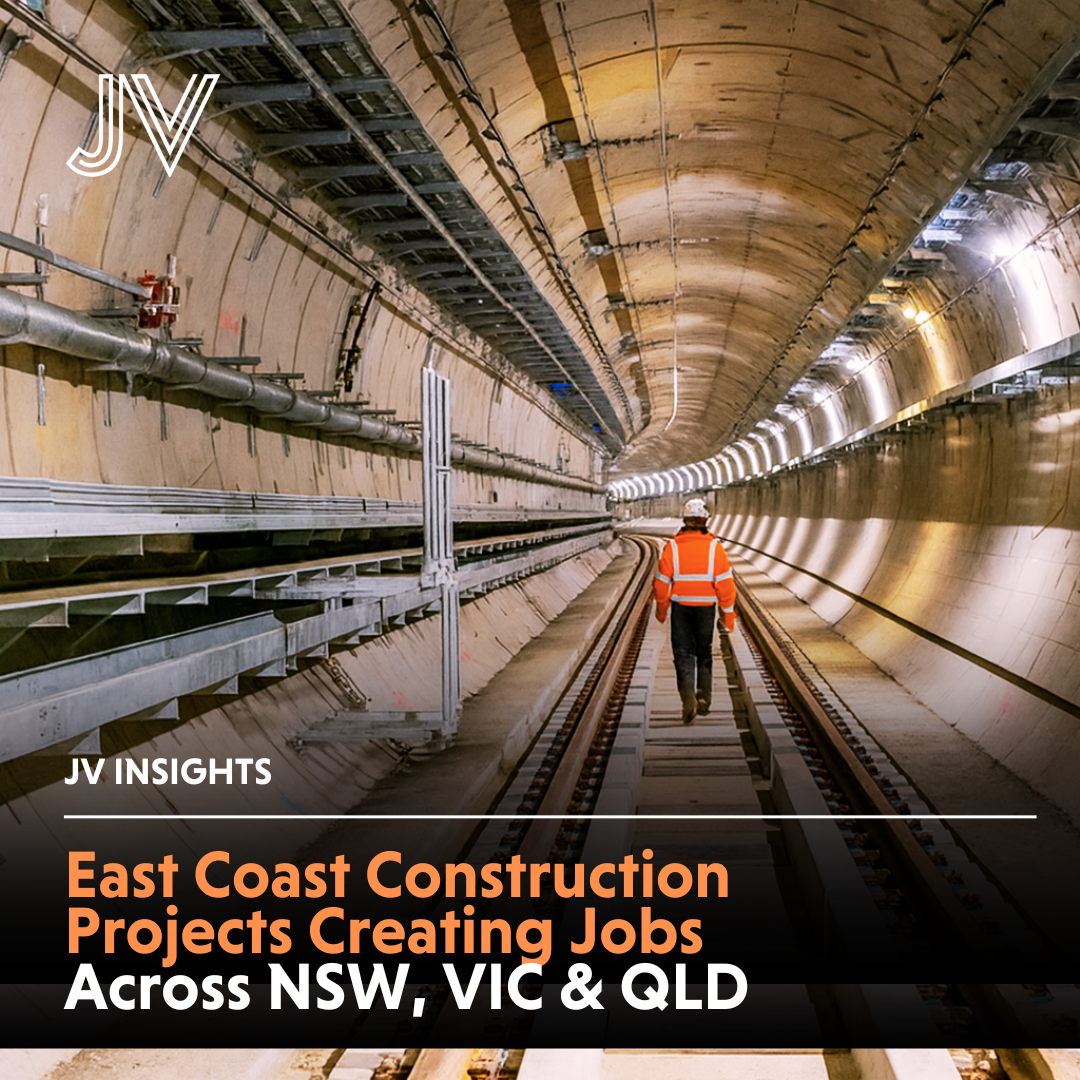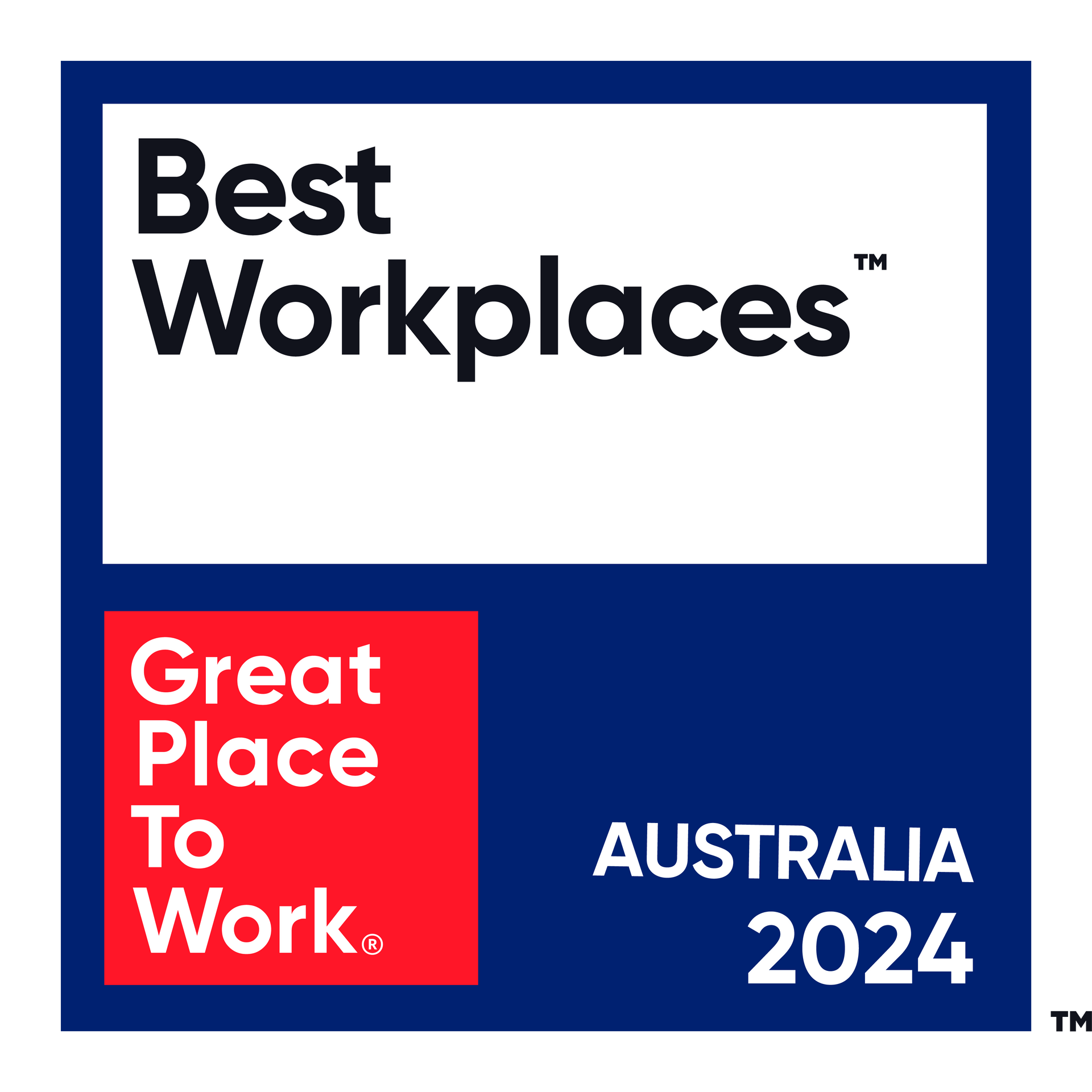Is Australia’s construction industry really crumbling?
Rob Jovanovski • March 12, 2019
One of the hottest topics right now and foreseeably over the next 2-3 years is the growth of the Australian construction industry (or lack thereof). It seems everyone is keeping a close eye on this sector and rightly so - there’s a ton of information to suggest that the market is softening, banks aren’t lending out money like they used to and that a number of builders have either gone under or are on the brink of collapse.
But is everything really headed toward doom and gloom?
The construction industry makes up 9% of Australia’s workforce with over 1 million people employed. It is the third fastest growing industry in this country (with retail and health coming second and first) so it’s true that if it were to really crumble, we would see huge ramifications take place.
However, it very likely won’t come close to the disaster that we all keep reading about.
Firstly, the data definitely does show a downward trend in growth. Sales volume and supply have declined, with tighter lending conditions making it difficult for developers to achieve pre-sales in Melbourne. This has of course translated into a fall in employment, with anywhere between 50,000 to 150,000 jobs projected to be lost in the residential sector alone
according to the NAB. Yet I would say however that all this speculation, whether backed by data or not, is a little too skewed towards the negative.
Infrastructure project pipeline
If you look up the total construction projects market, it is still expected to show a steady growth of 8.2% over the course of 2018-2019. And there are a HUGE number of projects in the pipeline - for example the Victorian Government’s blueprint for infrastructure
alone details $24.5 billion worth of new infrastructure projects across every sector including:
- Transport
- Culture
- Community & Sport
- Digital Connectivity
- Education & Training
- Energy
- Environment
- Health & Human Services
- Justice & Emergency Services
- Water
This ties into the growth of the civil engineering construction industry (infrastructure, transport and utilities) which is expected to grow a further 13.4% in 2018/2019.
As a result, we can expect no shortage of work - in fact, more than the labour market can keep up with for at least the next decade (and this doesn’t even begin to cover private sector work). We also hear whispers of mining getting back on its feet
which would set Victorian and NSW construction workers to head back out to WA & QLD.
Opportunities for upskilling
With all the job demand there’ll be a skills shortage - at the moment we’re already experiencing a huge shortage of bricklayers, stonemasons, cabinetmakers, carpenters/joiners and plumbers. The Victorian government is offering a free TAFE course in all of these areas to help prop up what they believe will be a shortage of 30,000 people by 2025!
Future growth for the apartment market
Immigration and migration are key at the moment too with Victoria receiving 138,000 new people to the state last year alone. Most of these people are from a young demographic with a preference for locating in inner suburbs like Richmond, Collingwood, Footscray, Williamstown and even Reservoir. This suggests a prop up for the apartment market, so while there was a slide from 17,500 apartments built last year down to 15,000, it’s predicted that this will stabilise moving forward to 2023.
It’s worth noting that the young demographic aren’t fuelling this alone. Speaking with some of the leading builders that JV work with, we know there’s also demand coming from the baby boomers who are looking for high end, low maintenance apartments within a 20km radius of the CBD. In light of this, we are seeing some of the more savvy companies building the same structures with less apartments but still getting the same (if not a better) yield, i.e. the St Kilda Novotel.
Overall, where are we heading?
If you focus on the positive markers out there, my prediction is that the market will soften and realign and then there’ll be full steam ahead. There might be a few skill shortages which simply means people will have to be upskilled in new areas moving forward. And if you look at the basic requirements for these works, it’s quite simple: “manpower” (for lack of a better term) is in great demand! If the infrastructure pipeline of works go ahead, then there will be more demand for trades and skilled labourers than ever, and we will see the construction industry remain buoyant for the next 5-10 years at least.
Robert Jovanovski
Account Manager
Get in touch: robert@jvrecruitment.com.au

At JV Recruitment, we work with some of the best in the business — people who know and appreciate great construction when they see it. We asked a few of our team members to share the buildings or developments that have stuck with them — structures that inspire, impress, or just feel special. Here’s what they had to say...







